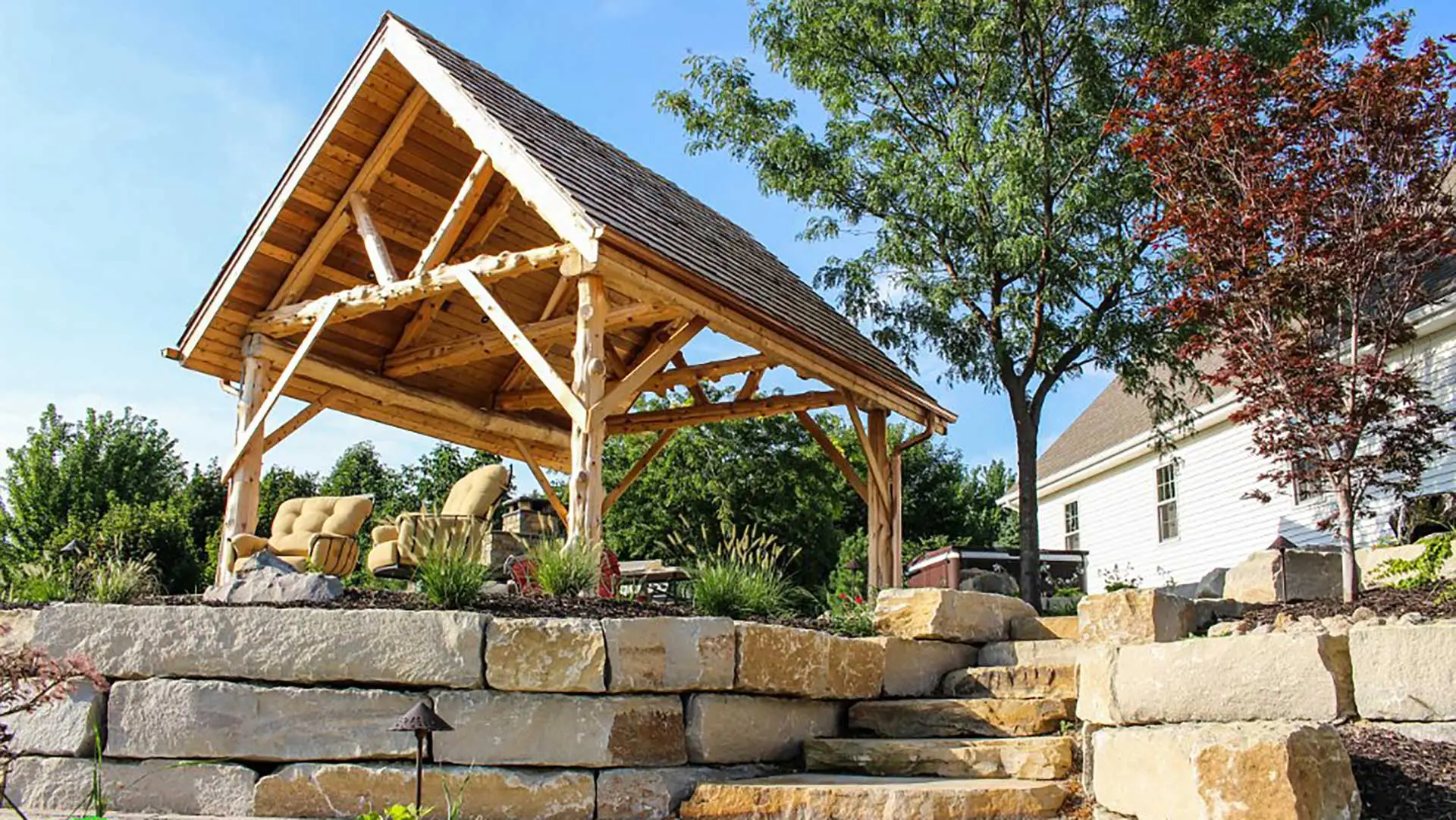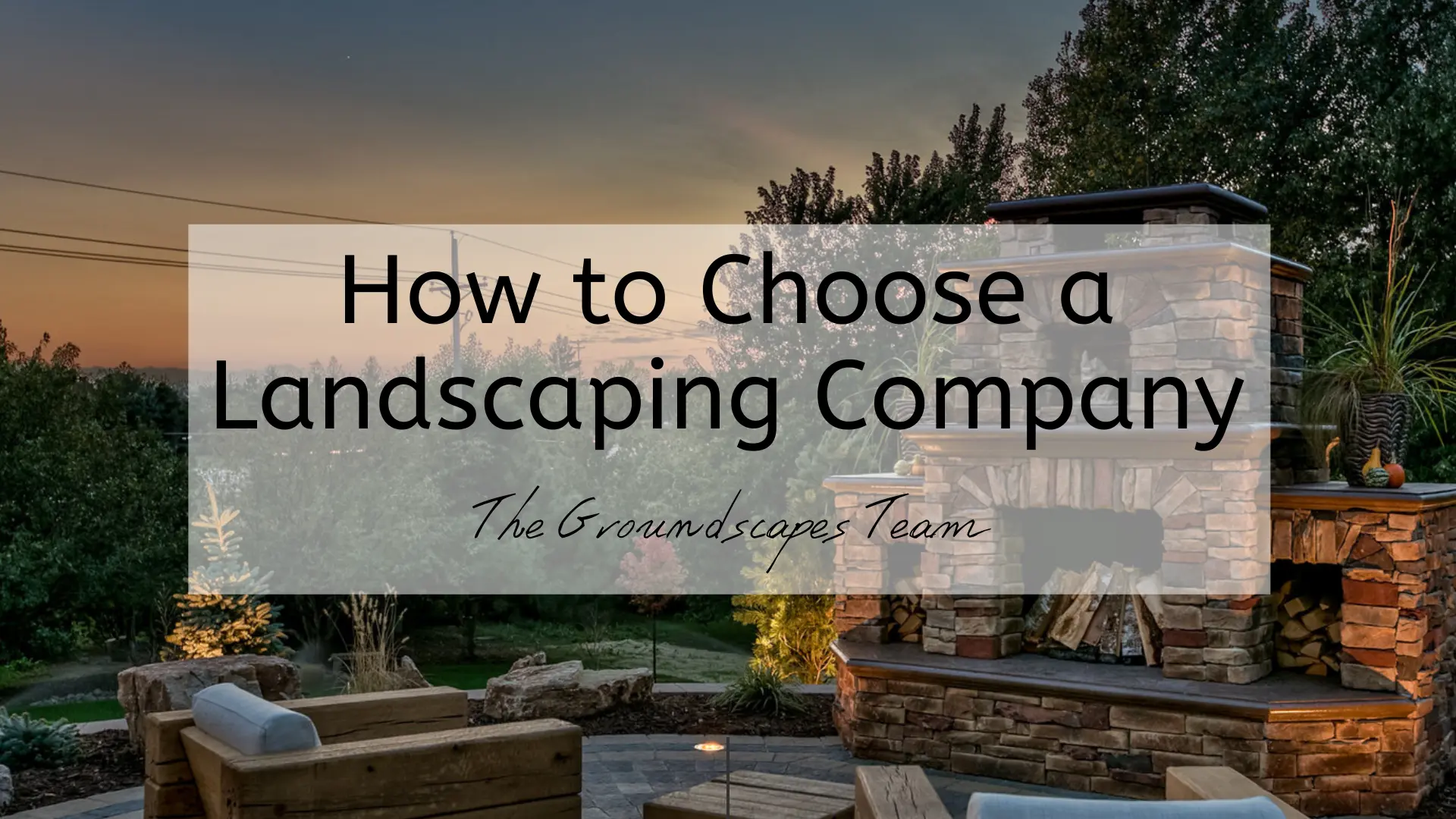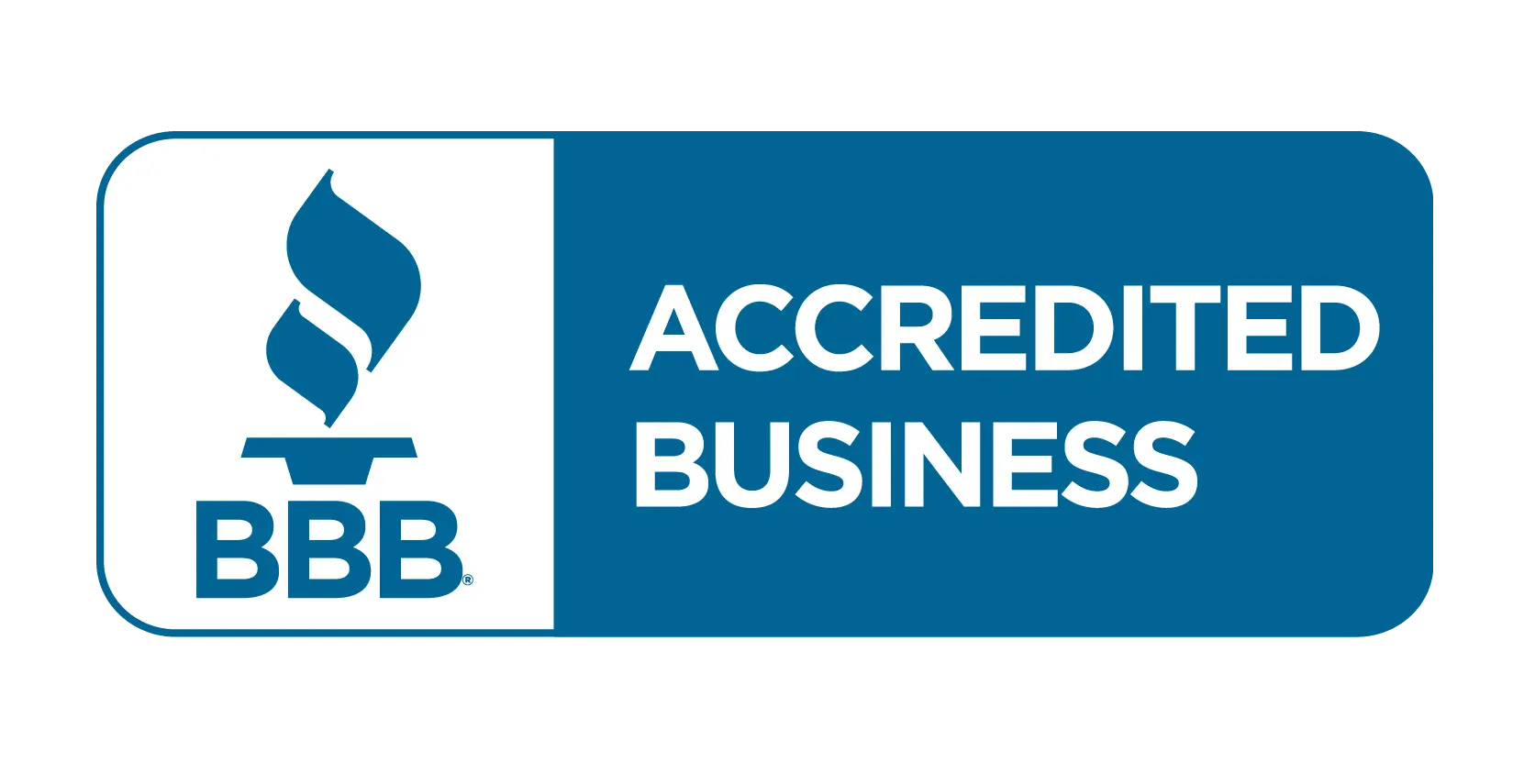Contrary to popular opinion, many landscaping companies offer a wide range of services that extend above and beyond traditional lawn care and maintenance. From paver patios and kitchens, designed to make eating outdoors comfortable, to custom designed swimming pools and fire pits made for family time and leisure, a high quality landscaping company is able to completely change the way you spend time in your backyard.
That's one of the reasons why it's so important to be meticulous in choosing a landscaping company for the next project you have in mind. Who you end up deciding to work with will either make the home-building process simple, straightforward and easy, or tedious, frustrating, and costly.
To help new customers understand what to look for in a quality landscaping company, the team at Groundscapes has put together a comprehensive 3 step overview, to explain how to choose the right landscaping company. While the number of companies to pick from will largely depend upon your geographical location, the same process can be used by any customer in need of a landscaping redesign.
Step 1: What are you actually looking for?
It all starts with your own personal situation: your working budget, the full extent of upgrades for your lawn or backyard, and your scheduled time frame for getting the project done. You may even have a general idea about what kind of improvement you want. For that reason, the first step is all about understanding what is available: to take a look at the different services and pricings offered by landscaping companies around you, and to better clarify the exact details of the project you have in mind.
Online resources that provide reviews and service overviews for different landscaping companies can be a helpful starting point for finding the right company. Even more important, however, is to make sure that you can research a company with a clear set of criteria to evaluate different companies with:
Longevity of the Company: How long have they worked in Landscaping? Has the company changed names often? Have they always been a landscaping company, or did they also offer separate services before landscaping? The answers to these questions will help indicate how certain companies have been managed, the intentions of the owners, and the overall quality of their services.
Certifications: Not every company is certified within their state with legitimate documentation attesting to the safety, quality, and permissions to offer certain services. When choosing a landscaping company, always keep an eye out for some of the following recognitions:
Accreditation from the Better Business Bureau (BBB)
ICPI Certified Concrete Paver Installer
Recognition or Certification from the National Concrete Masonry Association
Certification from the State Department of Agriculture
Contractor Licenses with concrete or paving companies such as the Interlocking Concrete Pavement Institute
Range of Services: A key differentiator in the overall quality of a landscaping company is the range of services they offer. While lawn care and maintenance are basic services that any new landscaping business will offer, what about patios, outdoor kitchens, and swimming pools? Or fire pits and water features? Most importantly, what kind of a portfolio does the company display, to illustrate the different services they offer?
Financing Mechanisms: Normally, a well-established landscaping company will offer 0% APR over a certain cost threshold. At Groundscapes, any project cost of over $75,000 dollars can be financed for 0% APR, after a credit check. Try to get an idea of what financing mechanisms a company has in place, as well as what kind of credit they require.
Commercial Clients: A final indicator to look out for when evaluating a landscaping company, is the commercial contracts they maintain: What kind of companies do they service? Have they maintained their contracts over an extended period of time? Are they actively building new relationships? All of these questions better indicate the reputation of the company within the industry and among commercial clients.
With these factors in mind, you can easily look up different landscaping companies nearby, and compare similar-looking companies based upon the information available. Some of the best places to look online for information include:
The Company Website: For most companies, the website will tell you everything you need to know. Is it beautiful and professional, or 15 years old? Does it have information on customer reviews and client testimonials? Do they make an effort to demonstrate their services, and accommodate possible consumers? By taking a look at the company website, you can learn about new services and offerings you may have not known about, while also getting a realistic idea of how much certain projects may cost.
Online Reviews and Testimonials: The next place to look online after checking out a company website, are the most popular review destinations for past customers. In landscaping, this can be found on review sites like Houzz.com, Angie's List, Yelp, or Google Reviews. Have a look at all of the reviews, but pay special attention to any negative reviews, and if any company representative has responded to it: You can learn more about a company based upon how they deal with their critics, than their supporters.
Social Media: Pinterest, Instagram, and Facebook, can give you a much more personal feel about how the company represents themselves to customers. It should also give you insight into the quality of work done by the company, and the services they are proud to display.
By the time you have looked at the online resources for a particular company, and evaluated their services according to the 5 factors discussed above, you should have a much better idea about what kind of landscaping improvement you want, the rough price range, and who (the top 2 or 3 companies) you want to work with. This brings us to our next step, which is all about starting the actual build process.
Step 2: Asking the Right Questions
Your next step is to call or set up an appointment with the top 2 or 3 companies you have identified from your preliminary research. Since most landscaping companies provide a free quote and consultation to potential customers, you can discuss your project idea, working budget, and timeframe for completion during this meeting. In addition, this consultation process is a good opportunity to evaluate the company atmosphere, and their customer service.
When you attend this meeting or speak with a representative on the phone, the following questions will help you decide if the company is worth your time and money:
For a particular service (i.e. swimming pools), what aspects of the project can I customize?
What kind of guarantee or warranty do you provide?
Are you insured?
Who are the industry specialists on your staff?
How available are you if I have a question or problem?
What is the minimum amount of time in which my project could be delivered?
Are all of your services performed in-house, or do you also subcontract certain items?
What is the project build process?
How do you manage payments for a project?
What certifications and affiliations does your company possess?
If I have a problem, can I speak directly with the owners?
Why am I better off going with your services, instead of a competitor?
Can I have a referral list of other people who have had similar projects done on their home?
In addition to these questions, try to pay attention to the overall attitude of the representative; how he talks about the services on offer, his capacity to accommodate your schedule, and his overall willingness to work within your budget for the project you have in mind. Your experience of this interaction is a very good indicator of what to expect during the building process - and if the company is going to deliver a lasting service or an enduring pain.
Step 3: The Design Stage
Perhaps the most important step in the entire process is the design stage. By this point you have an idea about who you want to work with (your top company), what you would like to do to your landscape, and how much the project will cost. Now you need to make sure that you are satisfied with the design and visual plan of the project. This is done by asking the prospective landscaper to create a 3D design for your project including even the smallest details. Here is one example of what this might look like:
The quality of the design, attention to fine detail, and overall plan for the project will demonstrate if the company you intend to work with has your best interests at heart. If you do not like the appearance of a certain feature or the proposed placement of the project, now is the time to tell them or look elsewhere!
Note: The design phase of the process may be a part of the company's payment plan. It is important to ask the company about the payment process before requesting a design of your project.
Conclusion:
The three step process for choosing the right landscaping company is a tried and tested way for deciding who to work with on your next landscaping project. Not only does this simple process help you make a smart and cost-effective decision about your next home improvement, but it also helps you avoid the headache of having to re-do a poorly done project in the future.
Some special tips of advice to keep in mind throughout the entire process: In the landscaping industry, what you pay for is normally what you get. Quality craftsmanship is a skill that costs more, but equally lasts longer.
The best landscaping companies are those that not only provide quality service, but also try to build lasting relationships with their customers.
Being able to talk openly and honestly about your design, plan, and budget is essential for successfully planning and executing a project. The best companies can work within your budget to always deliver a beautiful lasting result.
Get Started with Groundscapes Today:
If you are located around the Omaha Metro Area, and are interested in starting a new landscaping project, don't hesitate to get in touch with us: We bring over two decades of experience to landscaping, and are constantly cited as being one of the most innovative landscaping companies in America.













Comments (0)
Thanks for your comment!
Thanks for your feedback! Your comments have been successfully submitted! Please note, all comments require admin approval prior to display.
Error submitting comment!
There is a problem with your comment, please see below and try again.